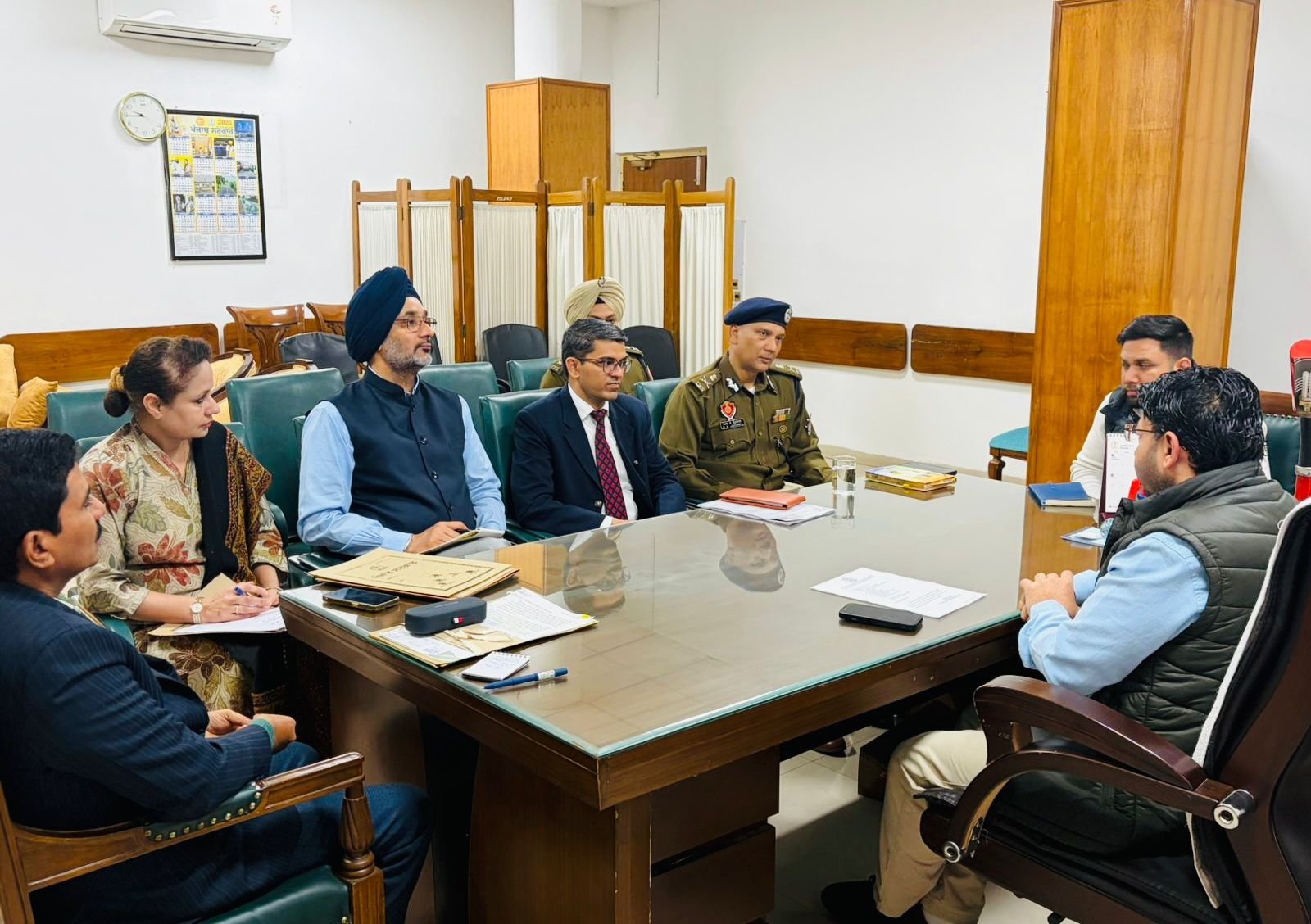Rahul Jain
As soon as someone becomes a Non-Resident-Indian (NRI), he needs to keep following in mind while doing banking transactions:
As and when a person attains the status of an NRI, he/she must convert his existing bank accounts to an NRE, NRO, or FCNR accounts. As an NRI one can open NRE & NRO accounts that are rupee designated accounts. and are repatriable.
Similarly, investment instruments like mutual funds (MFs), direct equity, bonds, and more have their restrictions. For instance, an NRI’s DEMAT account will need to be converted to an NRO DEMAT account, while stock trading activities will need to be routed through a PIS (Portfolio Investment Scheme) account. The rules and regulations are ever-changing; keen NRI investors need to keep abreast with these changes to avoid falling into the trap of losses.
Barred Investments: Often NRI’s tend to continue with their residential status-based investment instruments as well, ignoring processes and regulations. For instance, as an NRI settled in the USA there are restrictions to which mutual fund houses you are allowed to invest through. This is due to the stringent compliance requirement by the USA & Canada’s regulatory body FATCA. To avoid the complexities in compliance only a handful of investing houses accept investments from them.
The taxation web: Tax avoidance or double taxation is another pitfall that most NRIs fail to account for. Income earned in India, which exceeds the specified amount, in the form of interest, dividends from equity shares or MFs, rent, capital gain, etc. become liable for tax filing. In some countries income earned in India could be taxable both in India as well as in the country of the NRIs residence. To circumvent this double taxation burden on NRIs a tax consultant better known.
Zero diversification: Creating your portfolio to a single asset class or even single fund house is a gamble. NRIs often fail to diversify their investments across asset classes and invest in fixed returns assets like FD’s or physical assets like gold and real estate. The reason for this tunneled vision could be correlated to avoidance of the complicated web of regulations, transactional compliances, and taxation by NRIs.
Digital Assets: The latest fad of Non-Fungible Tokens and Cryptocurrency along with its ambiguity over its legality by Indian laws are leaving investors in a tizzy. Young NRIs that are tech-savvy often tend to invest massive amounts of their corpus in such digital assets. Owing to its volatility and legal repercussions (especially in India) it is best if investors maintain investing in such assets within their allocated limit.
Controlling Outflows: Clearing off all forms of debt needs to be top a priority for every investor. First-generation NRIs who migrate often have loans for a home, education, or personal requirements. They must ensure to plan repayment and pre-payment of these loans from day 1. It is easy to get carried away and spend on lifestyle expenses in a new country. Prudent planning ensures you stay in control of your expenses and invest efficiently, especially during unprecedent times of volatile markets, job cuts, visa delays, and more.
(Rahul Jain is a financial expert. He is financial adviser with deep knowledge in NRI investments. He can be contacted at: Mobile-+91 9811337439; Email- RAHULHARISEWAK@GMAIL.COM)
************************************************************************
Readers










